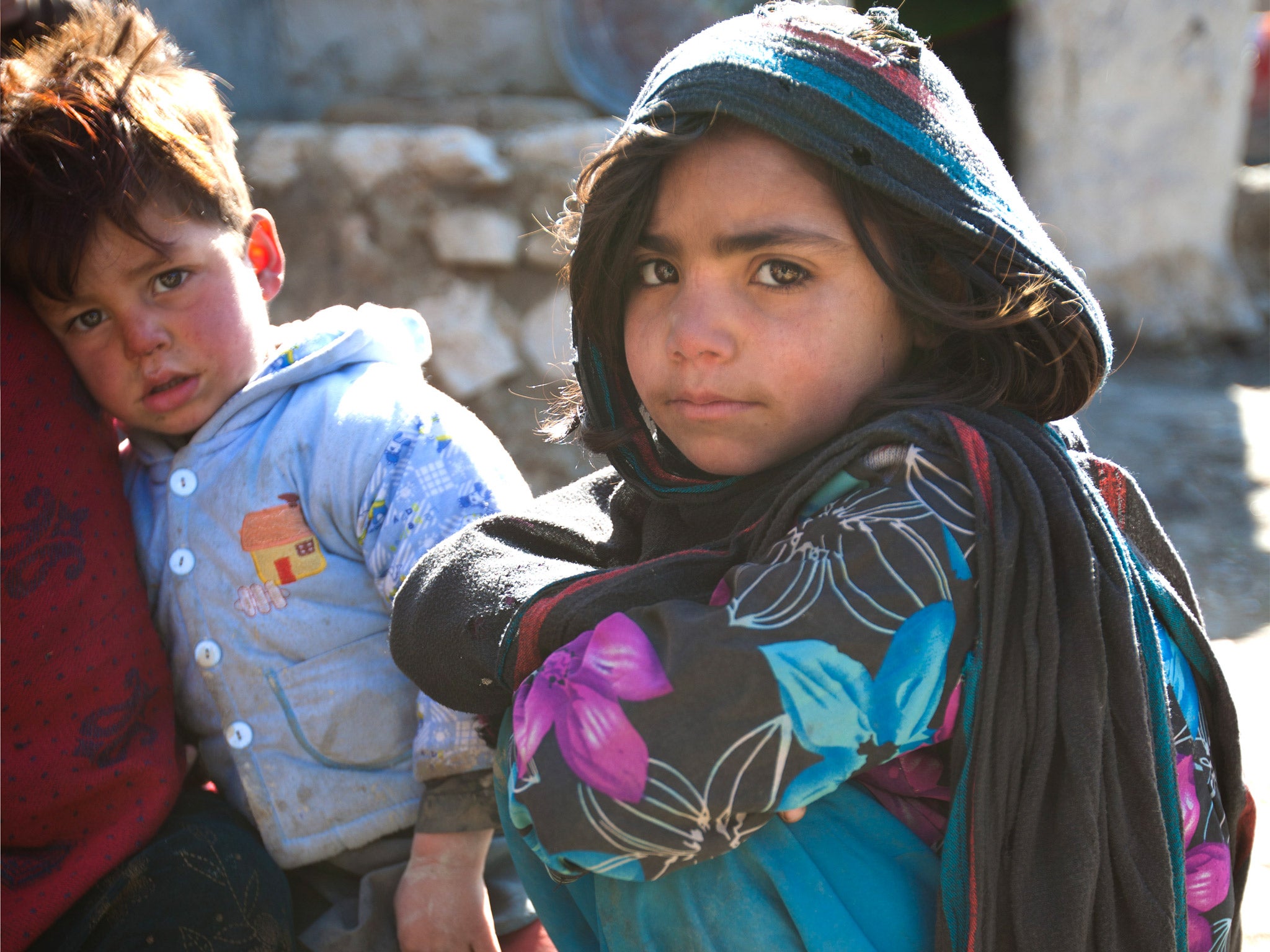WHO warns of increasing disease including Covid in Afghanistan
A dozen health workers have been killed in Afghanistan since January this year

Your support helps us to tell the story
From reproductive rights to climate change to Big Tech, The Independent is on the ground when the story is developing. Whether it's investigating the financials of Elon Musk's pro-Trump PAC or producing our latest documentary, 'The A Word', which shines a light on the American women fighting for reproductive rights, we know how important it is to parse out the facts from the messaging.
At such a critical moment in US history, we need reporters on the ground. Your donation allows us to keep sending journalists to speak to both sides of the story.
The Independent is trusted by Americans across the entire political spectrum. And unlike many other quality news outlets, we choose not to lock Americans out of our reporting and analysis with paywalls. We believe quality journalism should be available to everyone, paid for by those who can afford it.
Your support makes all the difference.The World Health Organisation has warned of an “immediate need” to ensure health services across Afghanistan are maintained as it warned of increasing cases of Covid-19 symptoms and other health problems across the country.
In the chaos of the fall of Kabul on Sunday the WHO said many Afghans had fled to the city in the days running up to the Taliban’s takeover, with health officials now reporting an increase in disease and a risk of outbreaks that could affect vulnerable people.
In a statement, Dr Ahmed Al-Mandhari, the WHO’s regional director for the Eastern Mediterranean, said mobile teams had been sent in to provide medical services but were being put on hold over the past 36 hours due to the lack of security in the Afghan capital.
The WHO has also described escalating violence to health workers, with 26 health facilities being attacked between January and July this year, affecting 36 staff including 12 workers who were killed.
Dr Al-Mandhari said: “In areas where people have fled to seek safety and shelter, including Kabul and other large cities, field reports indicate that there are increasing cases of diarrhoea, malnutrition, high blood pressure, Covid-19-like symptoms and reproductive health complications.
“Delays and disruptions to healthcare will increase the risk of disease outbreaks and prevent some of the most vulnerable groups from seeking life-saving care. There is an immediate need to ensure continuity of health services across the country, with a focus on ensuring women have access to female health workers.”
He called on the Taliban and all parties in Afghanistan to “respect and protect civilians, health workers, patients and health facilities,” adding: “Sustained access to humanitarian assistance, including essential health services and medical supplies, is a critical lifeline for millions of Afghans, and must not be interrupted.
“Months of violence have taken a heavy toll on Afghanistan’s fragile health system, which had already been facing shortages in essential supplies amid the Covid-19 pandemic.
“The people of Afghanistan need support and solidarity today more than ever. The gains of the past 20 years cannot be turned back.”
He said the recent violence had seen an increase in emergency trauma with almost 13,900 trauma cases treated at WHO backed facilities compared to 4,057 cases in July last year.
WHO has dispatched hundreds of medical kits and supplies to Afghan hospitals including essential medicines for tens of thousands of people.



Join our commenting forum
Join thought-provoking conversations, follow other Independent readers and see their replies
Comments